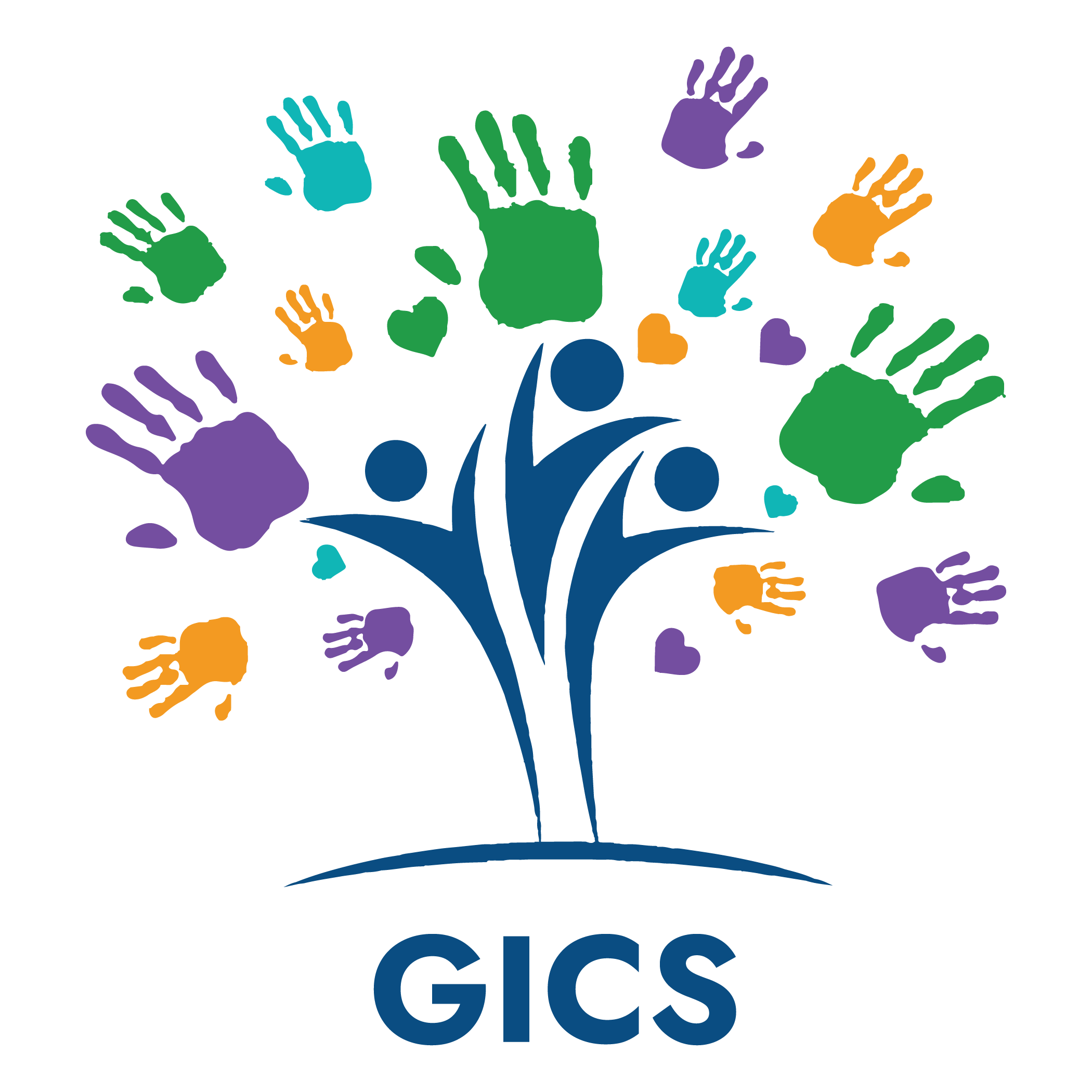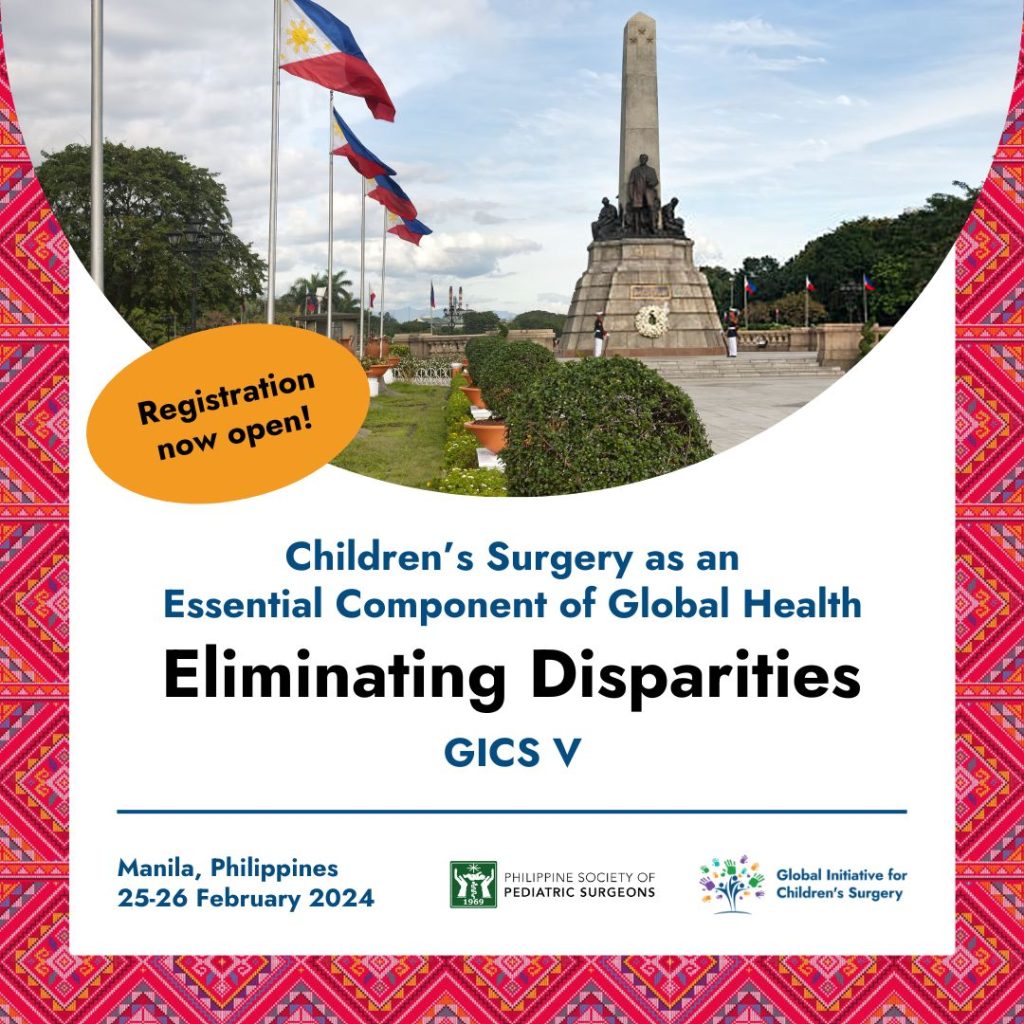Organisation: British Association of Paediatric Surgeons
Organisers: Tony Lander, Haitham Dagash, Kokila Lakhoo
Location: COSECSA (every year), PAPSA (every 2 years)
Content: Neonatal skills modules for training (bowel anastamosis, duodenal atresia model, pyeloplasty model, tracheo-oesophageal atresia model, gastrostomy model. Animal tissue used for model creation. More info and manual on BAPS website
BAPS Minimally Invasive Course
Organisation: British Association of Paediatric Surgeons
Course organiser: Niyi-ade-ajayi
Content: Basic laparoscopic skills and 5 basic conditions
Target audience: Paediatric surgery trainees
Where offered: PAPSA every 2 years
DGH Providers Course
Organisation: Royal College of Surgeons, GICS
Organisers: Vrisha Madhuri, Richard Stewart, Kokila Lakhoo
Target Audience: Adult anaesthetist, general surgeon, orthopaedic surgeon
Location: Vellore with plans to expand to other locales (twice yearly)
Content: Train secondary level hospital adult teams to perform safe basic surgery in children
BAPS Colorectal Course
Organisation: Pan-African Pediatric Surgery Association
Organisers: Richard Wood, Chris Taylor
Where offered: PAPSA (every 2 years)
Content: Course on all colorectal children’s conditions with emphasis on Hirschsprung’s disease and anorectal malformations
Organisation: IPSAC-VN (International Pediatric Specialist Alliance for the Children of Vietnam)
Organiser: Ai-Xuan Holterman
Content: Standardised 2.5 day course on basic pediatric surgery skills. The course teaches fundamentals in trauma and surgical emergency assessment, stabilization, management and transport of acutely ill infants and children.
Target audience: Surgeons, pediatricians, and nurses in provincial hospitals. The goal is to increase the competency of health care providers from District Hospitals in Vietnam where advanced pediatric surgical specialty care is lacking, and to promote the development of an infrastructure of training and patient care for pediatric surgical emergencies.
The WFSA currently offers several courses to improve quality and safety of anesthesia in LMICs:
- Safer Anesthesia from Education (SAFE) Courses
- Essential Pain Management Courses
- Simulation Training
- Teacher Training Courses
- SAFE OR





